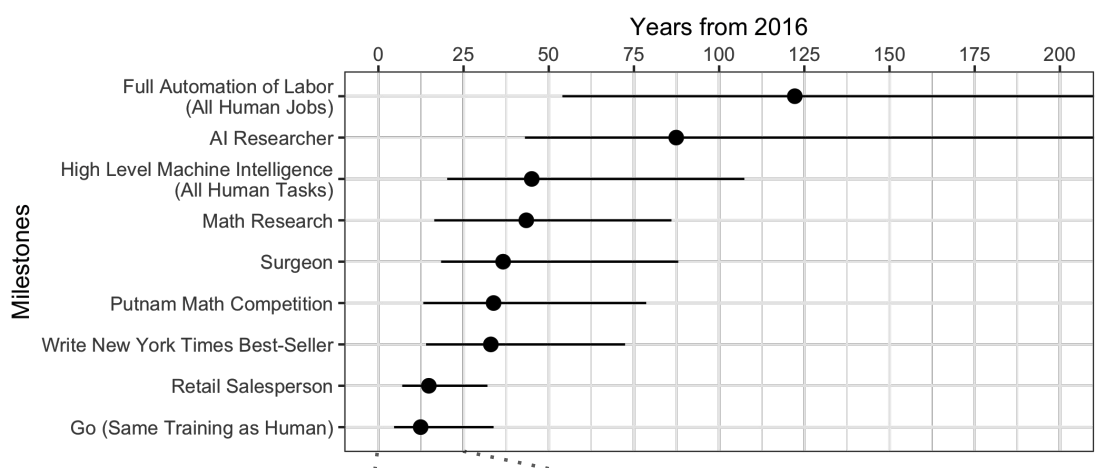The Right To Tweet
By Doug McConnell
On January 6th, 2021 Trump was locked out his Twitter account for 12 hours after describing the people who stormed the US Capitol as “patriots”. A few days later, his account was permanently suspended after further tweets that Twitter judged to risk “further incitement of violence” given the socio-political context at the time. Elon Musk has recently claimed that, if his deal goes through to take control of Twitter, he would reverse the decision to ban Trump because it was “morally bad and foolish in the extreme”.
Here, I argue that the original suspension of Trump’s account was justified but not its permanence. So I agree with Musk, in part. I suggest a modified system of suspension to deal with rule breakers according to which Trump’s access should be reinstated.Read More »The Right To Tweet


